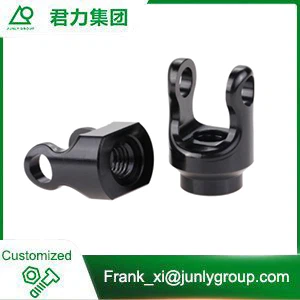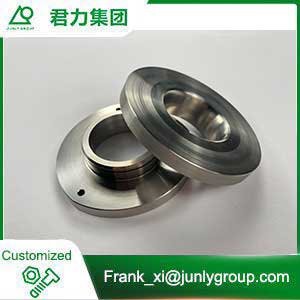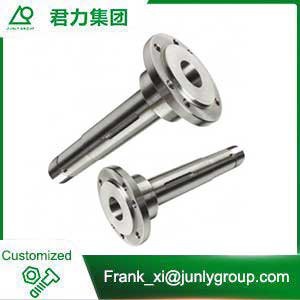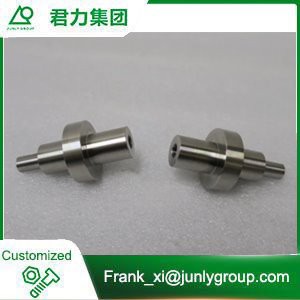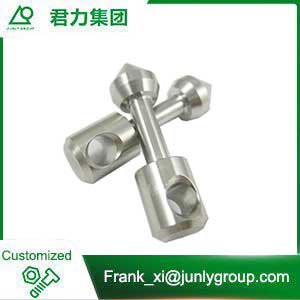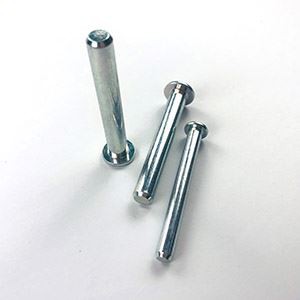Stainless steel lock nuts are essential in many industrial and manufacturing operations as they help secure threaded metal fasteners and prevent them from loosening due to vibration, thermal expansion, or other environmental factors. Several factors may influence the effectiveness and reliability of these locking fasteners, including their design, manufacturing process, materials used, and environmental conditions.
The following are some of the significant influencing factors that can impact the performance of stainless steel lock nuts:
1. Design: The design of a lock nut plays a significant role in its effectiveness. For instance, a prevailing torque lock nut's design creates friction between the nut and the fastener's threads, preventing it from loosening. Some lock nuts feature a nylon insert that deforms when tightened, creating a locking effect to prevent rotation.
2. Manufacturing process: The manufacturing process used to produce a lock nut can significantly affect the product's quality. High-quality manufacturing processes ensure that lock nuts meet specific tolerances, and the threads are precisely cut to provide better grip.
3. Material quality: The quality of the materials used to make lock nuts is critical in determining their durability, strength, and resistance to corrosion. Stainless steel is an ideal choice as it is corrosion-resistant, durable, and can withstand harsh environmental conditions.
4. Environmental conditions: The environment where the lock nuts are used can also affect their performance. For example, exposure to high temperatures can cause lock nut materials to expand and contract, leading to loosening. Similarly, exposure to chemicals, moisture, or saltwater can cause corrosion and compromise the nut's ability to maintain its grip.
